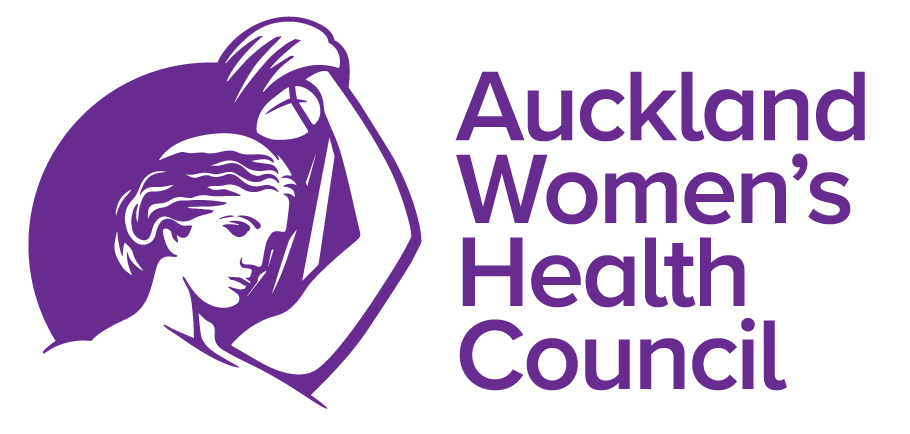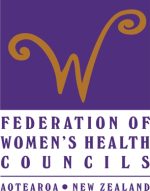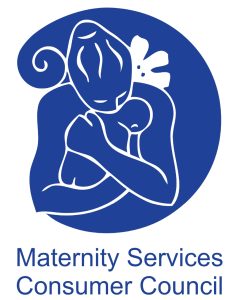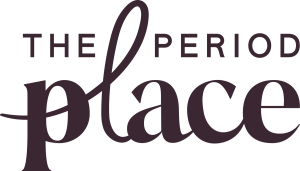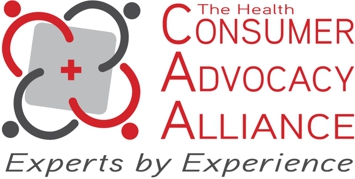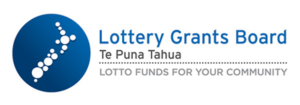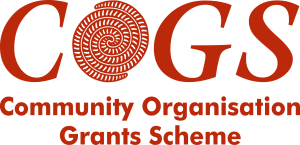The Auckland Women’s Health Council is a voluntary organisation of individual women and women’s groups who have an interest in and commitment to women’s health issues. The organisation was formed in 1988 to provide a voice on women’s health issues in the Auckland region.
The Council has a special interest in patient rights, informed consent and decision-making in health care, health consumer advocacy, the Code of Health Consumers’ Rights, the National Cervical Screening Programme, and ethics – issues that were highlighted during the Inquiry into the treatment of cervical cancer at National Women’s Hospital in 1987-88 and in the recommendations contained in the report known as the Cartwright Report.
Our Philosophy
The Auckland Women’s Health Council is a feminist organisation. We believe:
- Women users of health services have the right to make informed decisions regarding their own health care and treatment.
- Women/wāhine have the right to the information necessary to enable them to make informed decisions.
- Health care must be accessible, affordable and available as well as culturally appropriate and acceptable to women/wāhine.
- Consumer participation on all decision-making processes for health care services is essential.
Vision
All women/wāhine in Tāmaki Makaurau and across Aotearoa New Zealand have agency over their physical, mental, emotional and spiritual well-being and are fully informed of health services available and have access to them, particularly wāhine Māori.
Goal
To provide an independent feminist voice focused on women’s/family health and health services in Tāmaki Makaurau.
Priorities
1. That the Council works towards becoming Tangata Tiriti as an organisation: to understand our responsibilities as a good Treaty partner; and to stand with tangata whenua in their language rights, their health rights, for the rights of their tamariki and wāhine. To find ways to honour the articles of Te Tiriti.
2. That women/wāhine have the right to make informed decisions regarding their own health care and treatment.
3. That women/wāhine participate in all decision-making processes for health care services.
4. That women/wāhine have accessible, affordable, available, accountable and culturally appropriate health care services.
5. That the work of the Council continues to be sustainable and to grow.
6. Increasing our links and collaborations with other women’s health related organisations.
Dr Ron Jones
CNZM, MB ChB, MD (Otago), FRCS (Ed.), FRCOG., FRANZCOG
It is with great sadness that we acknowledge the passing of Dr Ron Jones who died peacefully on Monday the 31st of March, 2025. Ron had been an Honorary member of Auckland Women’s Health Council for many years.
Ron was a junior obs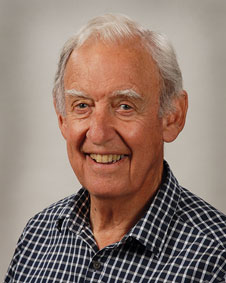
Ron co-authored a 1984 paper that exposed the unethical research carried out at National Women’s Hospital by Herbert Green in the 1960s and 70s. The paper led to Sandra Coney and Phillida Bunkle’s 1987 exposé on the ‘unfortunate experiment’ in Metro Magazine.
We were fortunate to have Ron join us for our 5th of August ceremony at the old National Women’s Hospital in 2024 to remember the women who died and those harmed as a result of Green’s “unfortunate experiment”. Each year we also pay tribute to those who exposed what went on, the lack of knowledge or consent of the women’s involvement in research and the harm caused to them, including Drs Bill MacIndoe, Jock McClean and Ron Jones.
Ron was also the whistleblower subject of a chapter in Dr Carl Elliott’s 2024 book The Occasional Human Sacrifice: Medical Experimentation and the Price of Saying No
Auckland Women’s Health Council Annual General Meeting
Wednesday, 30th of April 2025, 3-5pm
If you wish to attend, please email awhc@womenshealthcouncil.org.nz for more information
